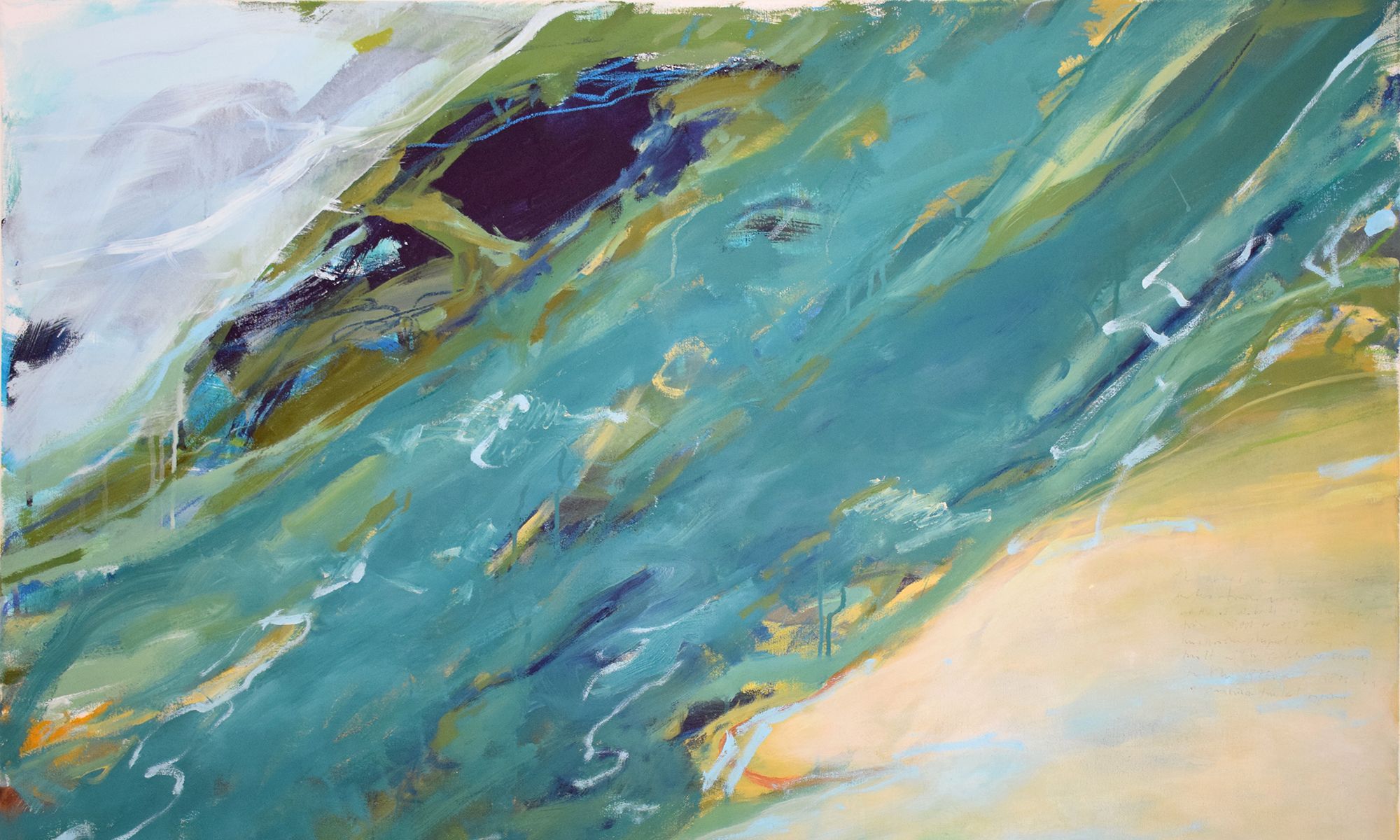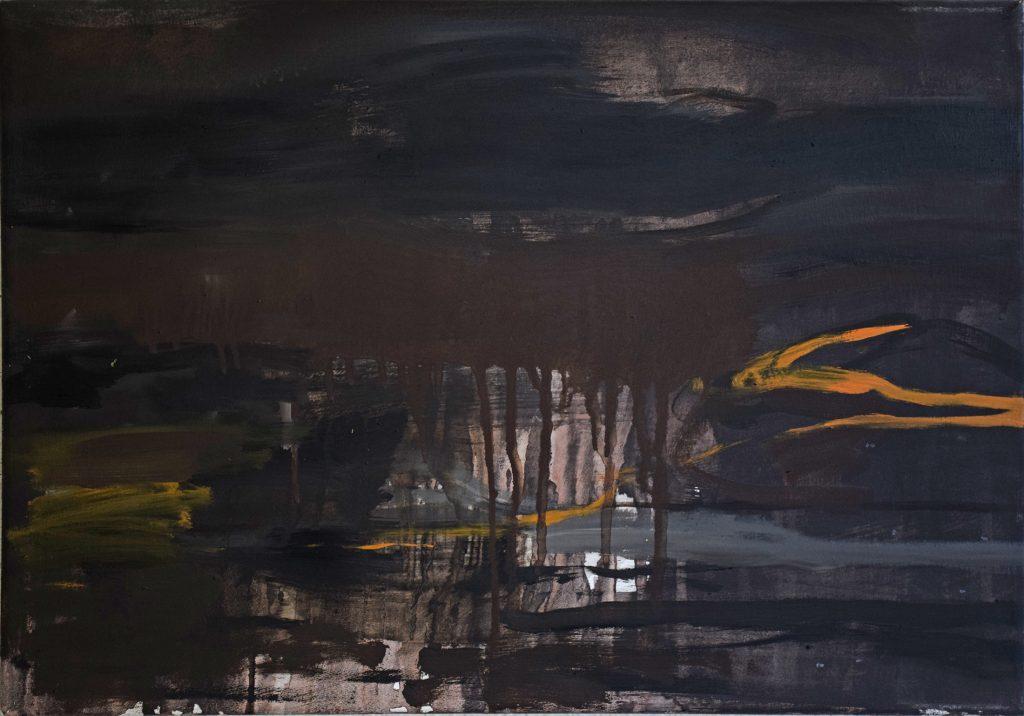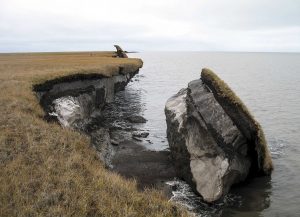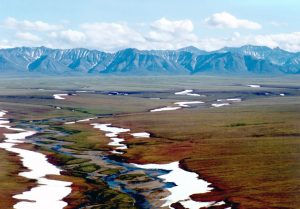over all the mountains: a painterly journey around the world A
This world of ours, planet Earth, with its landscapes and nature (or what we think of it – what is left of it) is so diverse, wonderful, fantastic, magnificent that not infrequently it makes one cheer full of joy; culture, history, anecdotes that astonish, wonder, awe but also may disgust.
It was meant to be a kind of painterly hymn to the beauty of the earth’s landscapes. However, the interventions by man are sometimes so enormous, the history sometimes so dire, that they cannot be ignored.
Thus, the destructive also flashes up in the painting from time to time.
The virtual world trip is an attempt to track down stories and history and to capture the atmosphere of the landscapes in pictures, translate it into free painting.
One country or large administrative district* after the other is explored in alphabetical order with the help of photos, history and stories, literature, maps and Google Earth, travelled virtually, jumping from continent to continent, following the coincidence of the state’s names.
*It did not seem right for big countries such as Russia, China, India, the USA, etc. to deal in one painting when small states such as Andorra, Abkhazia, etc. are considered in a work.
Abkhazia Egypt Equatorial Guinea Ethiopia Afghanistan Alabama Alaska Albania Alberta Aruba Republic of Altai
Abkhazia
Abkhazia | Аҧсны Aṗsny (Abkhazian), Абхазия (Russian) is 41.52 times smaller than the Federal Republic of Germany with an area of 8,600 square kilometres.
The population density is 27.9 inhabitants per square kilometre. According to Freedom House, Abkhazia is considered ‘partly free’ with 40 out of a possible 100 points. Women hold 21.42% of ministerial positions and 2.85% of parliamentary positions.
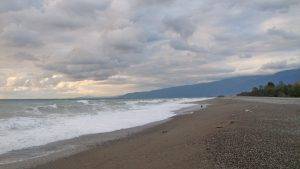
According to Greek mythology, Abkhazia belongs to Colchis, the home of Medea and the Golden Fleece.
However, in ancient times, the main sources of income were based on piracy, slave trade and ransom demands for kidnapped persons.
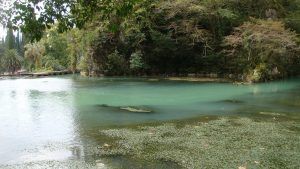
The region in the south of the Caucasus with just under a quarter of a million inhabitants broke away from Georgia in the early 1990s after a civil war with several thousand victims. Apart from Russia, Venezuela, Nicaragua and the Pacific island of Nauru, the territory is not recognised internationally. In 2016, Abkhazia hosted the World Cup of internationally unrecognised states in the towns of Sukhumi and Gagra, where Joseph Stalin once resided at his dacha.
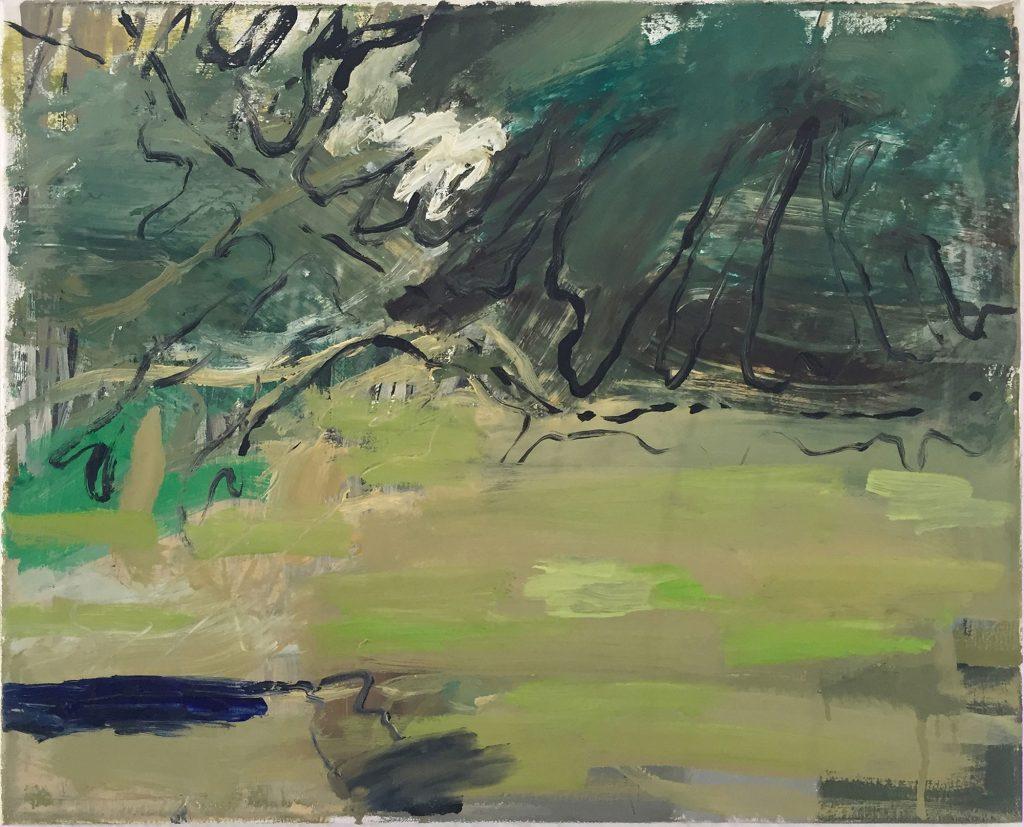
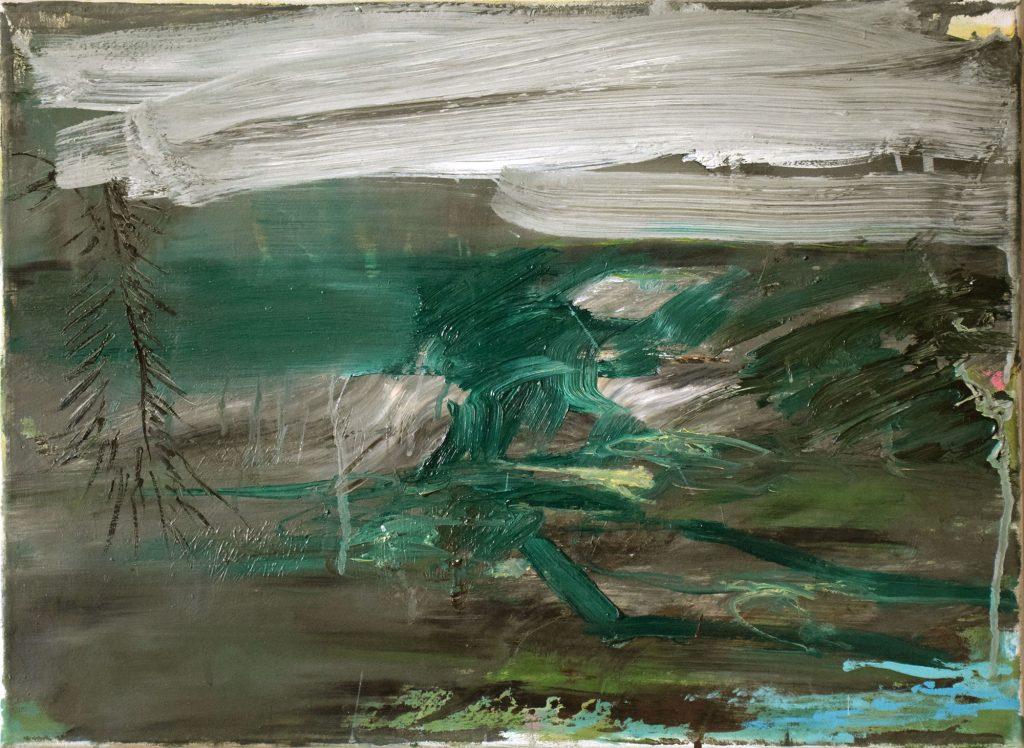
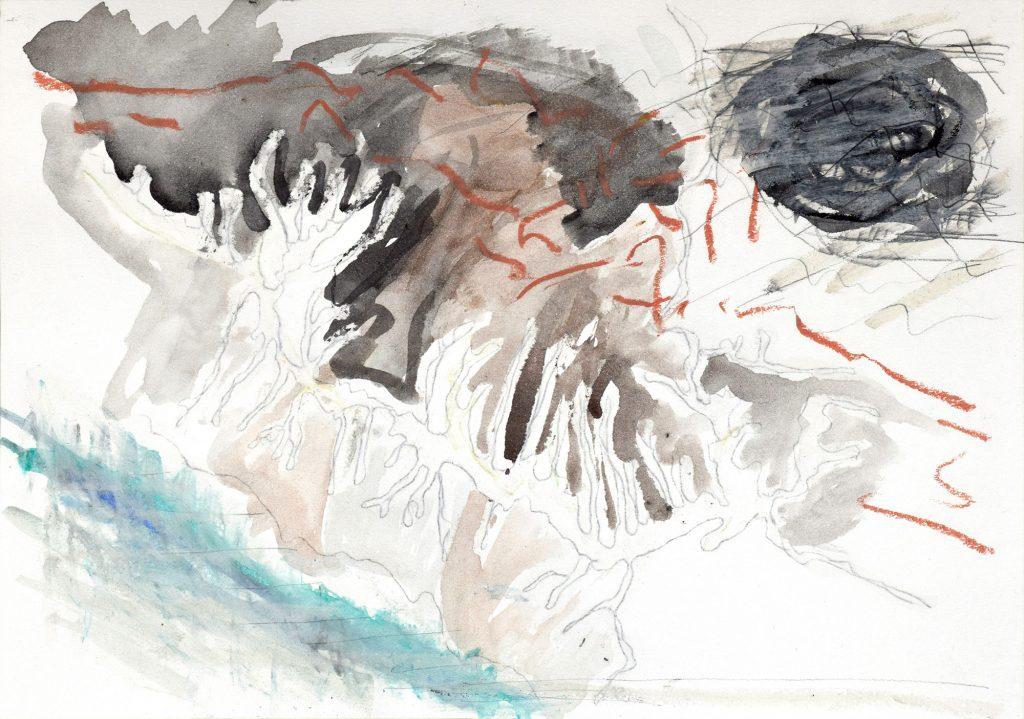
Egypt
Egypt جمهورية مصر العربية ( Dschumhūriyyat Misr al-arabiyya) is 2.8 times larger than the Federal Republic of Germany with an area of 1,001,450 square kilometres.
According to the Democracy Index 2020, Egypt ranks 138th out of 167 countries and is considered an authoritarian regime.
According to the 2020 Press Freedom Index, Egypt ranks 165th out of 179 states with a score of 56.82.
Active women’s suffrage was introduced in 1979, passive suffrage in 1956. Women are represented in ministries at 24.24% and in parliament at 15.1%.
The population density is 93.26 inhabitants per square kilometre.
Just 50 kilometres east of Cairo, Egypt’s new capital is being built in the middle of the desert with the country’s largest mosque and church. (Both to be inaugurated as early as 2019).
The first government relocations are to take place from 2021.
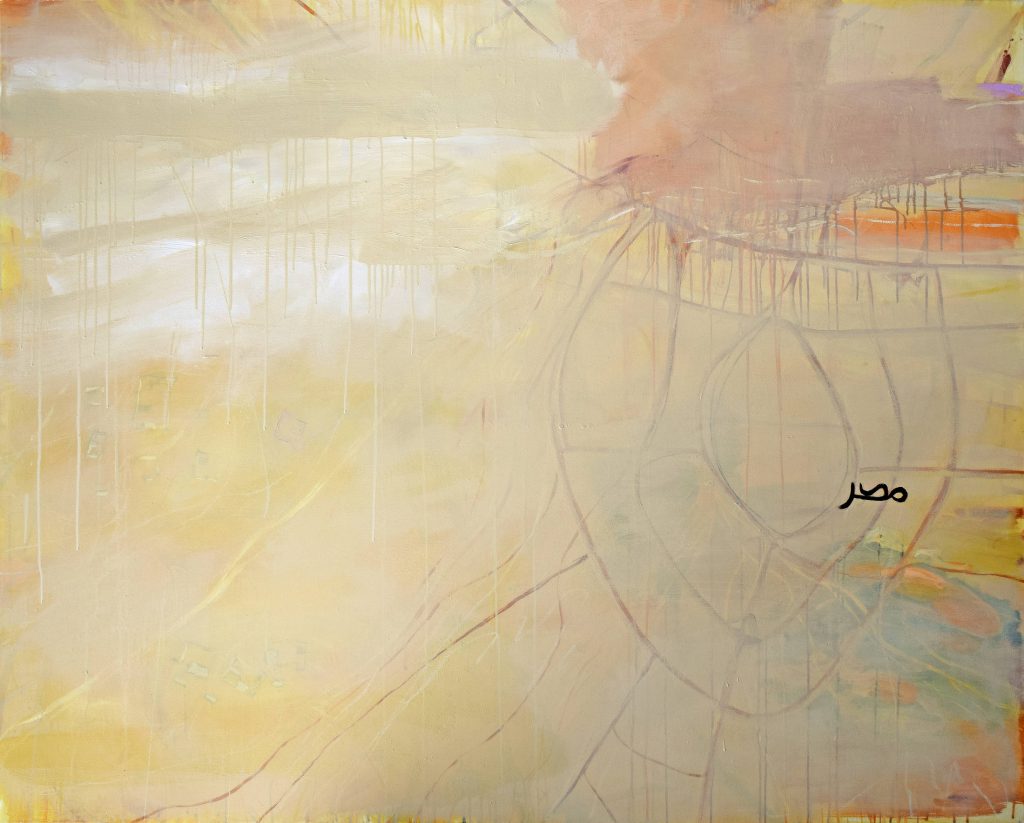
Equatorial Guinea
With an area of 28,051 square kilometres, Equatorial Guinea (Guinea Ecuatorial) is 12.73 times smaller than the Federal Republic of Germany. According to the Democracy Index 2020, Equatorial Guinea ranks 160th out of 167 countries covered and is considered an authoritarian regime. According to the 2020 Press Freedom Index, Equatorial Guinea ranks 164th out of 179 states with a score of 56.38. Women’s suffrage was introduced in 1963. Women are represented in ministries at 7.14%, in the upper house at 16.66%, and in the lower house at 21%.
The population density is 46.34 inhabitants per square kilometre.
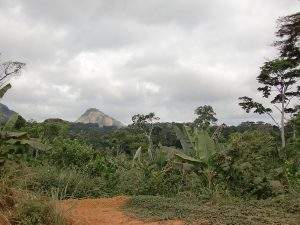
President Teodoro Obiang, who has extensive powers, has been in office since 1979 after a military coup and is thus the longest-ruling African head of state. In the last presidential elections in 2016, he was confirmed in office for another seven years with over 90% of the vote. As a de facto unity party, his party determines political life in the only African country where Spanish is an official language.


Ethiopia
Ethiopia ( ኢትዮጵያ | Ityop‘iya) is 3.09 times larger than the Federal Republic of Germany with an area of 1,104,300 square kilometres. According to the Democracy Index 2020, Ethiopia ranks 123rd out of 167 countries and is considered an authoritarian regime.
According to the 2020 Press Freedom Index, Ethiopia is 98th out of 179 states with a score of 32.82.
Women’s suffrage was introduced in 1955. Women are represented in ministries at 47.61%, in the upper house at 32.02% and in the lower house at 38.75%.
The population density is 95.08 inhabitants per square kilometre.
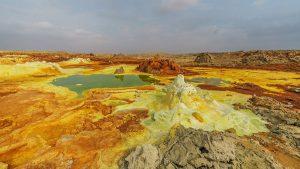
The Dallol is located in the Afar Triangle. It is considered one of the most extraordinary geothermal areas on earth (the only place where no living beings, not even microorganisms, have been found so far). The area is located in the Danakil Depression in north-eastern Ethiopia near the border with Eritrea. The highest average annual temperatures on earth have been recorded in this hard-to-reach area.
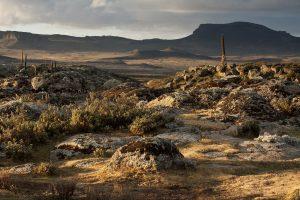
Slavery existed in Ethiopia from 1495 BC until the twentieth century and was an integral part of society. Not only were prisoners of war, infidels or criminals enslaved as labour, there was also a lively slave trade with Yemen and India. In the second half of the 19th century, the slave trade flourished, especially with young Ethiopian girls who were sold across the Red Sea to the Arabian Peninsula. Along with Chinese and Javanese young women, they were the most valued concubines.
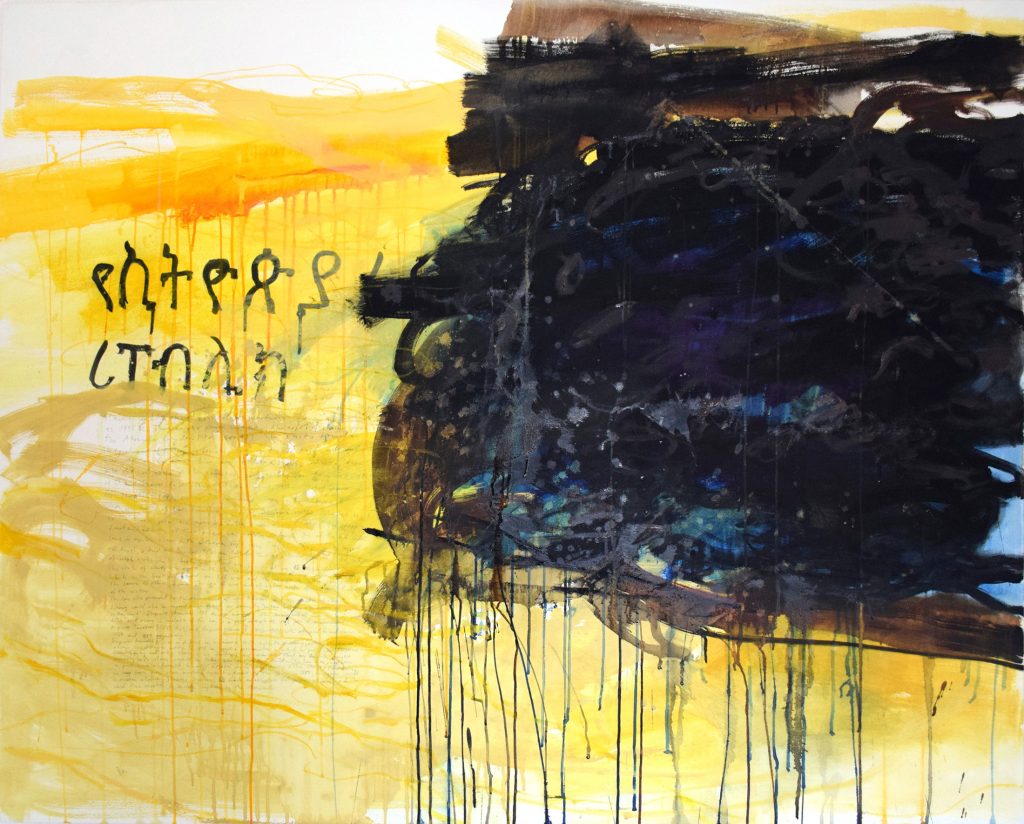
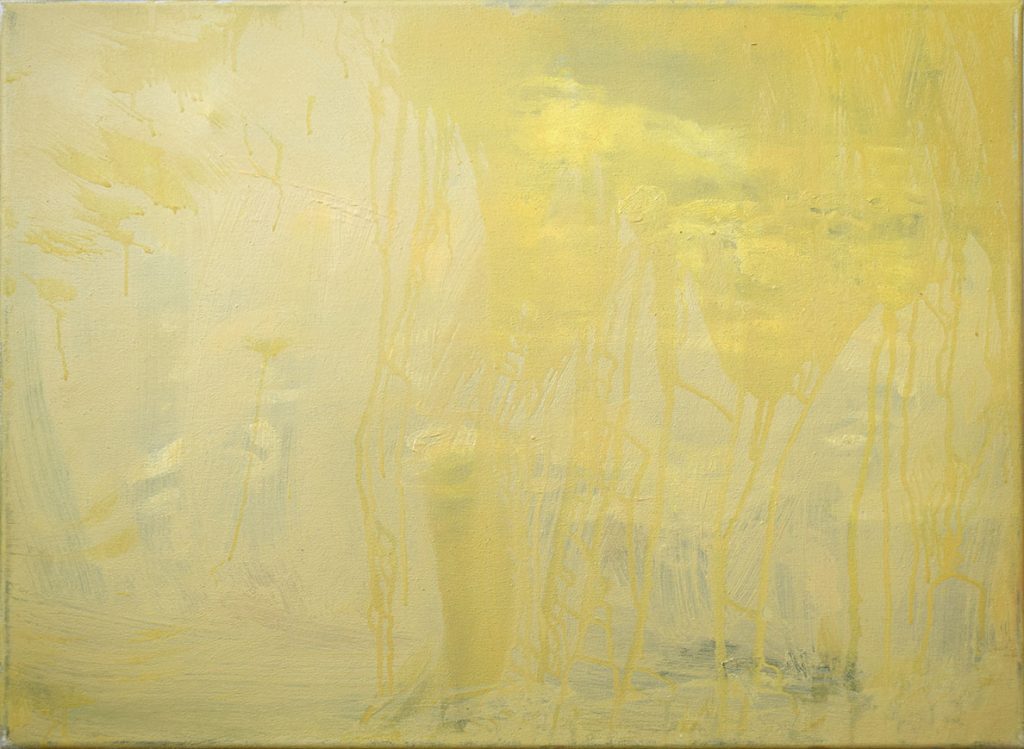
Aghanistan
Afghanistan (جمهوری اسلامی افغانستان|Jomhūrī-ye Eslāmī-ye Afġānestān) is 1.82 times larger than the Federal Republic of Germany with an area of 652,230 square kilometres.
According to the Democracy Index 2020, Afghanistan ranks 139th out of 167 countries and is considered an authoritarian regime.
According to the 2020 Press Freedom Index, Afghanistan is 121st out of 179 states with a score of 37.7. Women’s suffrage was introduced in 1963. Women in ministries are represented by 9.67%, in the upper house by 27.94% and in the lower house by 27.01%. (The data refers to the period before the Taliban came to power in August 2021).
The population density is 54.42 inhabitants per sq km.
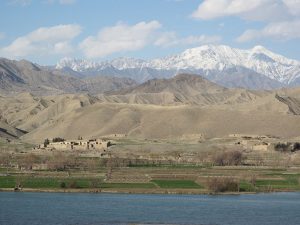
Pride
How sweet the tales of battlefields.
How easy the cries of praise and bravo.
How pleasing to talk of fearless men
and share legends of their heroic lives.
How soothing the old songs are to the ear
and the names of the lion hearts sung by maidens.
How proudly pretty girls, like bunches of flowers,
flock eagerly to the shrines of martyrs.
But has anyone asked the martyr about his wounds?
Has anyone talked to the hero about his suffering?
Has anyone looked in his eyes on the threshold of death and read their tale of thwarted hopes?
Has anyone seen the broken heart of the martyr‘s mother? Has anyone witnessed the ruined life of the young widow? Has anyone stumbled on the rubble of a thousand dreams? Has the poet who writes of chains and shackles
felt the chill of a dungeon at night?
Has he been thrown into a scorpion pit
to be stung to the bone again and again?
I can never forget what the wise man says:
‚The fires burn the land on which it ignites‘.
Abdul Bari Jahani (*1948 Kandahar)
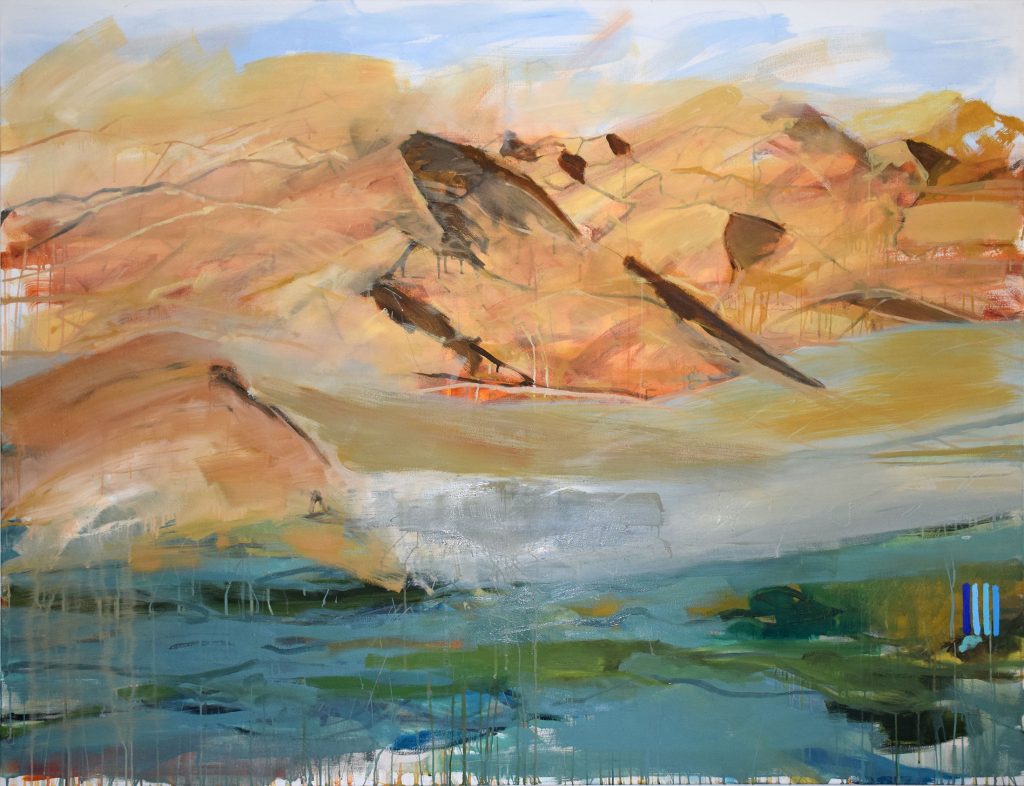
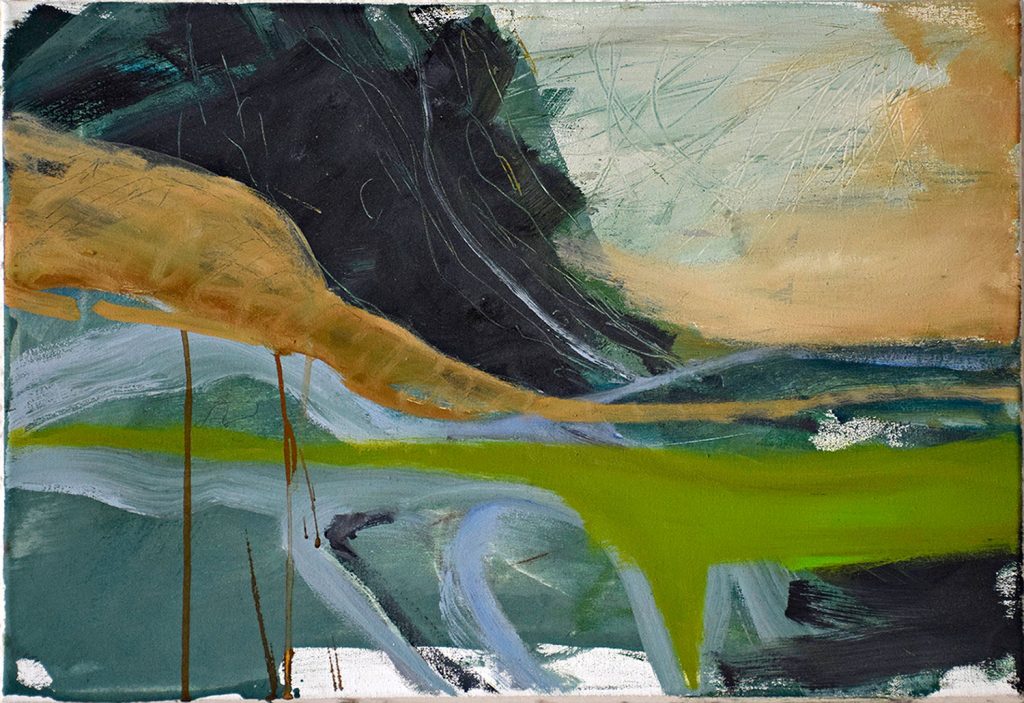

Alabama
Alabama (Yellowhammer State, Cotton State, Heart of Dixie) is 2.63 times smaller than the Federal Republic of Germany with an area of 135,767 sq km. According to the 2020 Democracy Index, the United States ranked 25th out of 167 countries surveyed and is considered a flawed democracy.
According to the 2020 Press Freedom Index, the United States ranked 45th out of 179 states with a score of 23.85.
Alabama’s population density is 35.2 inhabitants per square kilometre.
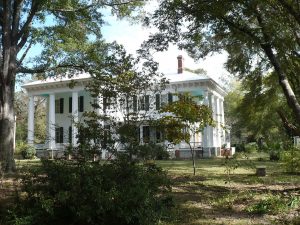
Alabama gained sad notoriety for the marches from Selma to Montgomery; the background was the disenfranchisement of millions of African Americans.
Past history:
On 7 October 1963, civil rights activists organised a mass enrolment of over 350 people in the voters’ register. The registration committee delayed enrolment throughout the day, forcing applicants to wait from early morning into the afternoon in the blazing sun. Only about 25 people were allowed before the committee that day, and most registrations were rejected after the examinations. Sheriff Clark had members of the Student Nonviolent Coordinating Committee tortured with tasers and arrested for holding posters advertising registration or bringing water and food to those waiting.

from Selma to Montgomery
On 6 July 1964, about 50 black people wanted to register as voters. Sheriff Clark had them arrested as they entered the administration building.
On 9 July, a local court issued an injunction prohibiting civil rights organisations from organising meetings of three or more people.
These incidents, among others, led to the three planned marches from Selma to Montgomery, two of which were put down or stopped by a massive police presence. It was only on the third occasion that the protest march reached its destination of Montgomery.
Alaska
Alaska (Last Frontier) is 4.82 times larger than the Federal Republic of Germany with an area of 1,723,337 sq km.
According to the 2020 Democracy Index, the United States ranked 25th out of 167 countries surveyed and is considered a flawed democracy.
According to the 2020 Press Freedom Index, the United States ranked 45th out of 179 states with a score of 23.85. Women’s suffrage in Alaska was established in 1913.
The population density in Alaska is 0.41 inhabitants per square kilometre.
A broken block of ice-rich permafrost at Drew Point in Alaska. Coastal cliffs in this region can erode up to 20 metres per year.
Alaska is a dangerous state.
The perils of the 49th state are frequently exaggerated, but they’re not complete works of fiction. According to the bureau of vital statistics, roughly 400 people a year succumb to an untimely demise in Alaska making it the second most deadly state in the Union. Although bear attacks always make headlines, they are few and far between compared to the number of people who fall out of boats, break through frozen lakes, or simply die of exposure in the extreme cold. As moribund as that sounds, the largest number of accidental deaths are far less dramatic. Dozens of Alaskans die each year in their sleep from carbon monoxide poisoning due to faulty heaters or clogged chimneys.
With the highest number of bush planes in the country per capita, aviation fatalities are not uncommon but account for only a small portion of all transportation deaths. Cars, snowmobiles, and ATVs still claim more lives but the best way to meet your maker is to get a job aboard a commercial fishing boat. Considered the most dangerous job in the country, it carries a 20% greater risk of injury or death over any other occupation. For hardened Alaskans nothing is safe, but perspective is everything. More than 150 people are killed every year by falling coconuts, none of them in Alaska.
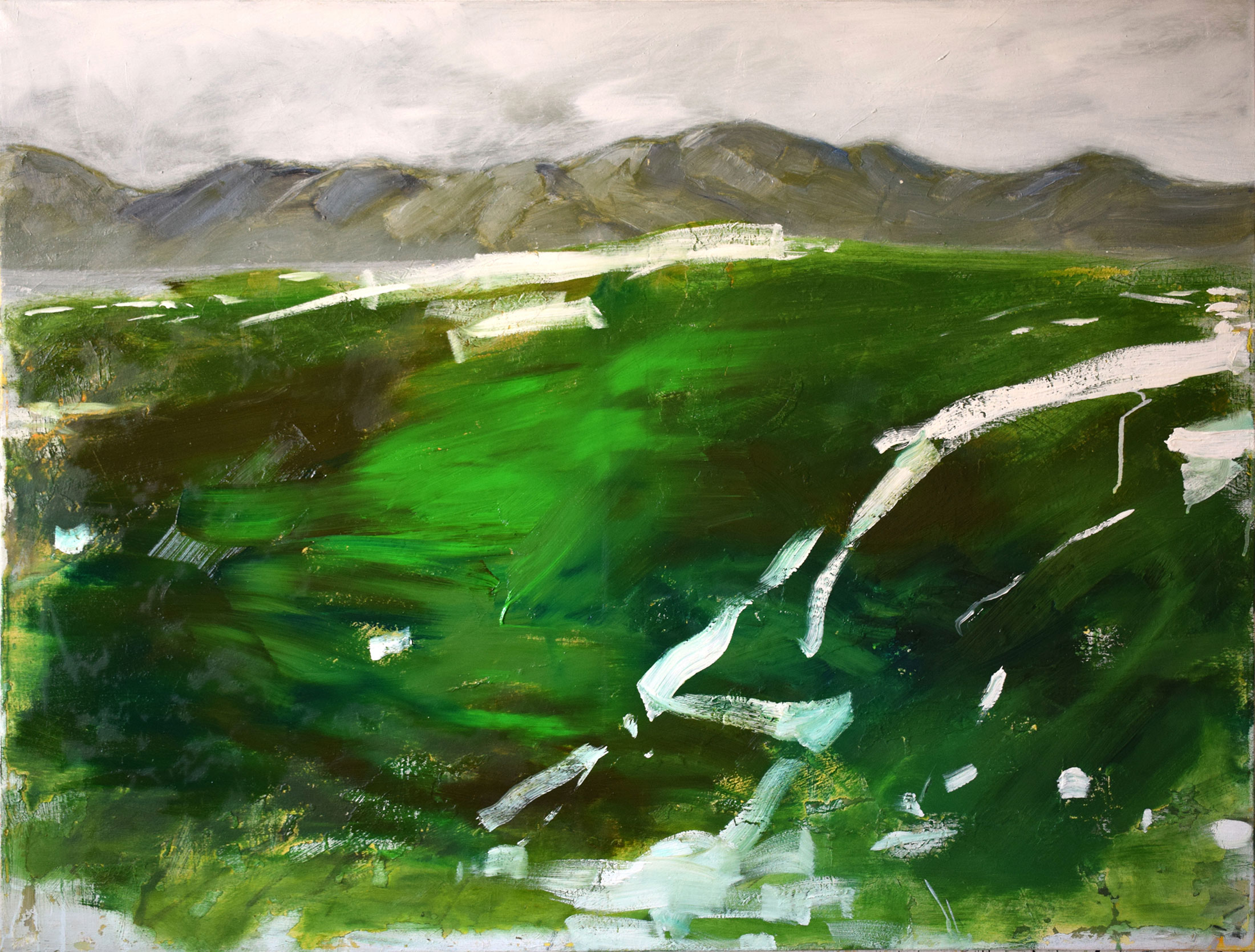
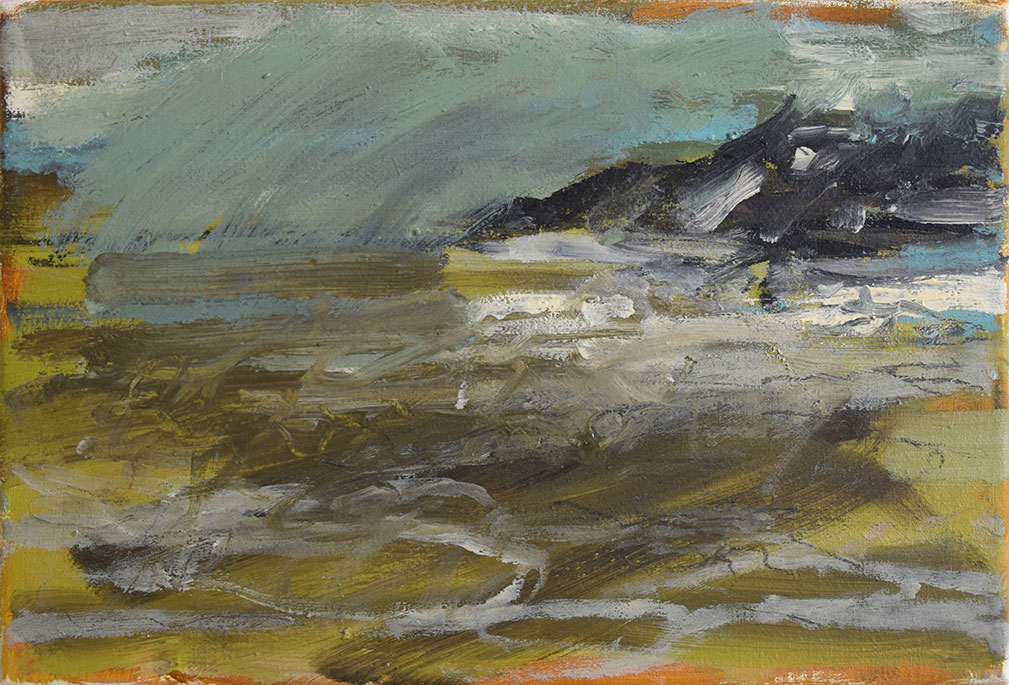
Albania
With an area of 28,748 square kilometres, Albania (Shqipëria) is 12.42 times smaller than the Federal Republic of Germany.
According to the Democracy Index 2020, Albania ranks 71st out of 167 countries surveyed and is considered a flawed democracy.
According to the 2020 Press Freedom Index, Albania is 83rd out of 179 countries with a score of 30.25.
Women’s suffrage was introduced in 1920. Women are represented in ministries at 53.33% and in the lower house at 29.5%.
The population density is 100.87 inhabitants per square kilometre.
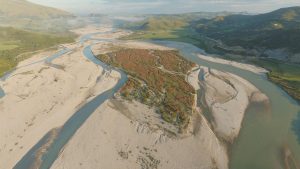
The Balkans have the last truly wild, untouched rivers in all of Europe.
The Vjosa in Albania is special since there are no artificial barriers all along its course, it has never been regulated and the same goes for many of its tributaries. Apart from Russia, we no longer have such rivers in Europe.

Sworn Virgins
In northern Albania, the only way a woman can have the rights of a man is to take an oath of celibacy and become a sworn virgin.
(National Geographic – short documentary)
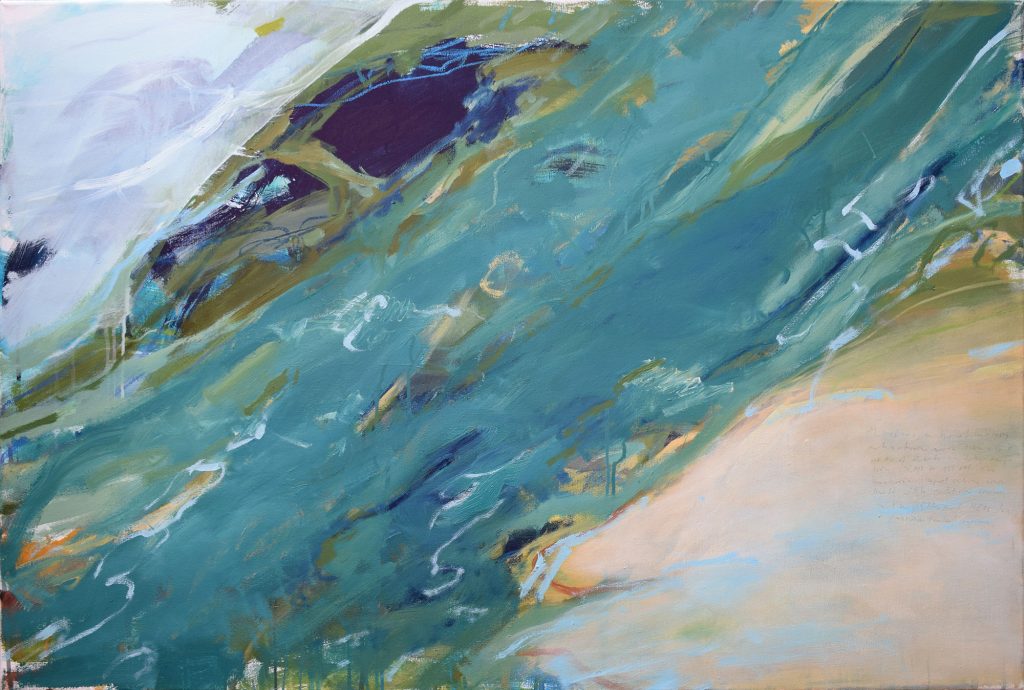
Alberta
With an area of 661,848 square kilometres, Alberta is 1.85 times larger than the Federal Republic of Germany.
According to the Democracy Index 2020, Canada ranks 5th out of 167 countries surveyed and is thus considered a full democracy. According to the 2020 Press Freedom Index, Canada is 16th out of 179 states with a score of 15.29.
Women’s suffrage was introduced in Alberta in 1916. Women are represented in ministries at 30%, and in the House of Commons at 31.03%.
The population density is 6.56 inhabitants per square kilometre.
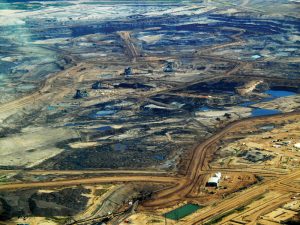
In recent decades, Canada has become one of the largest producers of oil sands. The boom is particularly noticeable in the city of Fort Mc Murray in Alberta. Nowhere is the income of the people higher. But oil sands production has extreme consequences. Gigantic areas of forest are cleared, oil sands are dredged, tar is etched out of the earth in an energy-intensive process to finally be refined into synthetic crude oil. What remains are septic tanks and destroyed land.
450,000 people are directly or indirectly employed in the oil sands industry in Alberta. This number is expected to triple in the next 20 years.
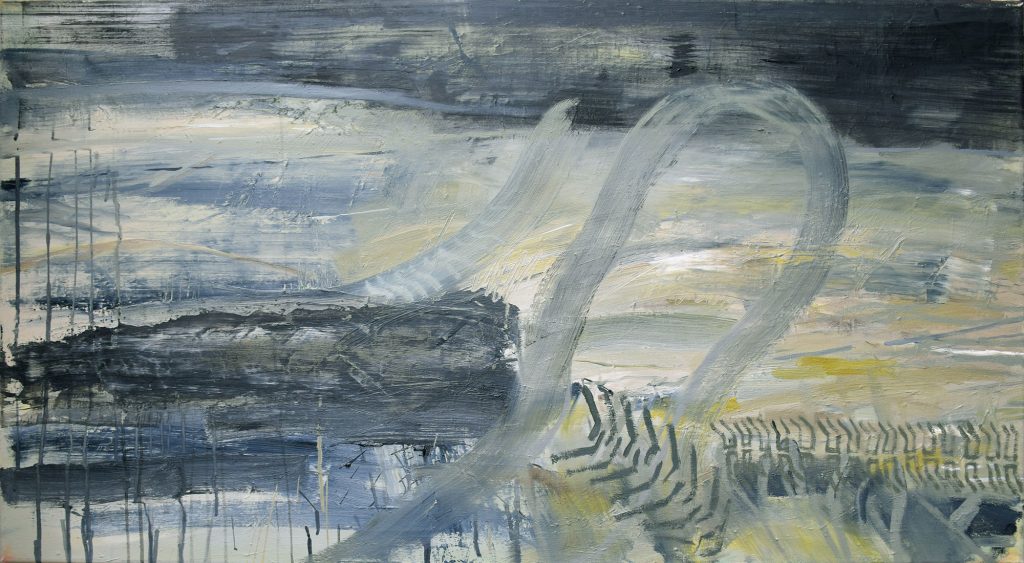
Aruba
With an area of 178.91 square kilometres, Aruba is 1996.09 times smaller than the Federal Republic of Germany.
Women are represented in ministries at 25 %, in the lower house at 33.33 %.
The population density is 596.92 inhabitants per square kilometre.
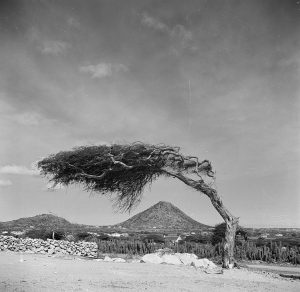
Aruba is one of the three ABC islands (Aruba, Bonaire, Curaçao), which geologically belong to South America and are part of the Lesser Antilles in the southern Caribbean. It is one of the four equal countries of the Kingdom of the Netherlands, along with Curaçao and Sint Maarten and the Netherlands.
During the Second World War, the islands of Aruba and Curaçao had the world’s largest oil refineries. On 16 February 1942, they were therefore attacked by German and Italian submarines, the first bombardment of the American continent by the Axis powers.
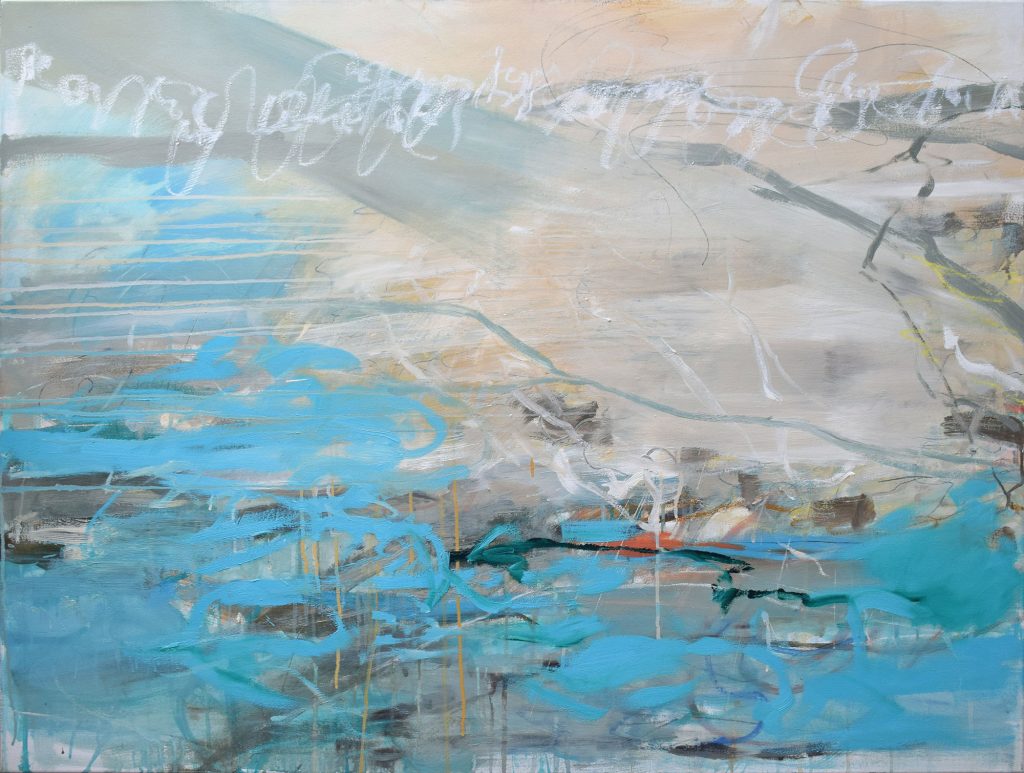


Republic of Altai
With an area of 92,903 square kilometres, the Republic of Altai (Респу́блика Алта́й) is 3.84 times smaller than the Federal Republic of Germany.
According to the Democracy Index 2020, Russia ranks 124th out of 167 countries surveyed and is thus considered an authoritarian regime. According to the 2020 Press Freedom Index, Russia ranks 148th out of 179 states with a score of 48.92.
The population density in the Altai Republic is 2.21 inhabitants per square kilometre.
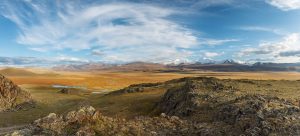
On a warm summer day 2400 years ago, a noblewoman from the nomadic Pazyryk tribe was buried in a large ancient tomb, a kurgan, on the Ukok plateau – now a region of the Russian Altai bordering China, Mongolia and Kazakhstan. She was mummified with herbs, bark and marten fur and placed in an oversized sarcophagus hewn from a single larch trunk. Six sacrificial horses, richly saddled and harnessed, were laid to rest on the north side of the burial chamber, ready to carry her to the realm of her ancestors.
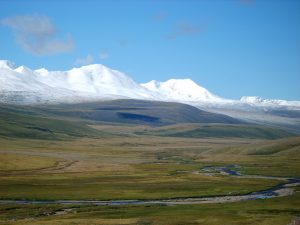
In the summer of 1993, the noblewoman was excavated by a Russian research team.
However, the position of the noblewoman in Pazyrykian society and her relationship to today’s Altai inhabitants have remained hidden from science. Who was she? A ruler or a holy woman? A revered bard or a healer?
The locals know her as Ukok – and, unlike the scientists, have no doubts about her role in the past, present and future of Altai. Like many powerful Kams (shamans) before her, this daughter of the Altai was buried on the sacred mountain plateau of Ukok to ensure the peace and well-being of her people.
The Russian authorities reject such views as unscientific and backward. They argue that research has not even proven morphological or genetic links between the princess’ remains and modern Altai peoples.
This argument confuses locals who consider the Princess Kadyn and the Altai region as one. Since the princess was unearthed, locals have seen many signs that the continued absence of the princess is upsetting the balance in the region – from the nightmares reported by archaeologists during the excavation, to the near crash of the helicopter when the sarcophagus was retrieved from Ukok, to the subsequent strong earthquakes, one of which leveled an entire Altai village.
The Altai people believe that Princess Kadyn must be returned to her rightful place on the Ukok plateau to restore order.
from National Geographic
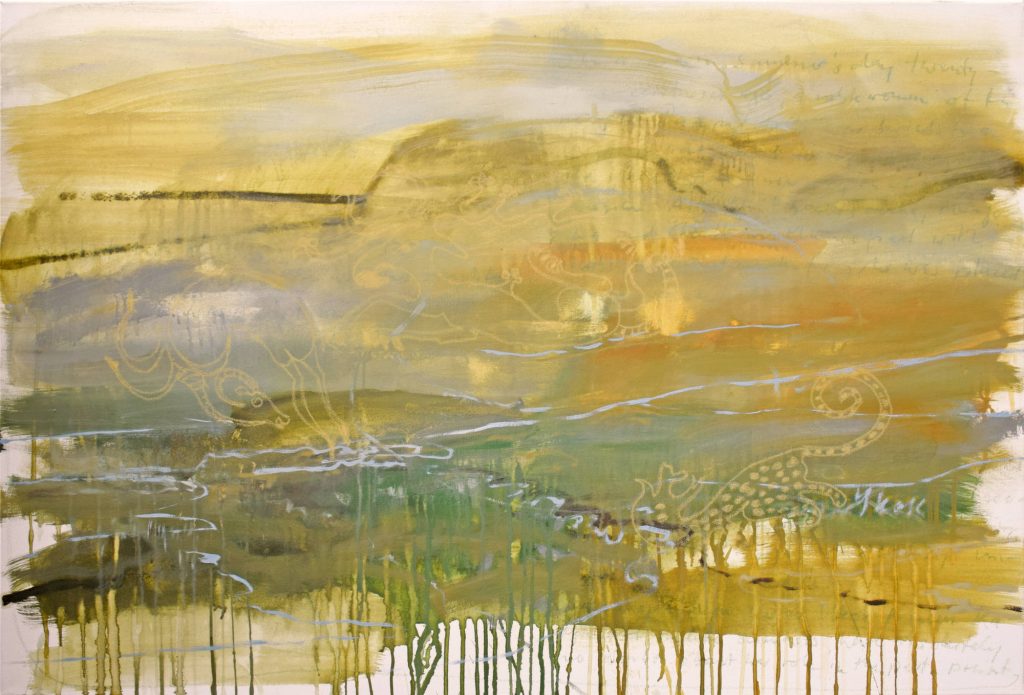
Reference Sources
Democracy Index 2020 a report by the Economist Intelligence Unit
the Democracy Index is based on 60 indicators in five categories:
- electoral process and pluralism;
- civil liberties;
- the functioning of government;
- political participation;
- and political culture.
The five categories are interrelated and form a coherent conceptual whole. The condition of holding free and fair competitive elections, and satisfying related aspects of poli- tical freedom, is clearly the sine qua non of all definitions. All modern definitions, except the most minimalist, also con- sider civil liberties to be a vital component of what is often called “liberal democracy”. The principle of the protection
of basic human rights is widely accepted. It is embodied in constitutions throughout the world, as well as in the
UN Charter and international agreements such as the Hel- sinki Final Act (the Conference on Security and Co-operation in Europe). Basic human rights include freedom of speech, expression and of the press; freedom of religion; freedom of assembly and association; and the right to due judicial process. All democracies are systems in which citizens freely make political decisions by majority rule.
But rule by the majority is not necessarily democratic. In a democracy, majority rule must be combined with guaran- tees of individual human rights and the rights of minorities.
Press Freedom Index 2020 by Reporters without Borders
The annual ranking assesses the situation of freedom of the press and information in 180 countries. It is based on a questionnaire on all aspects of independent journalistic work that Reporters Without Borders sends to hundreds of journalists, academics, lawyers and human rights defenders worldwide, as well as to its own network of correspondents.
Women in politics:
UN women
The “Women in politics: 2020” map, created by the Inter-Parliamentary Union (IPU) and UN Women, presents global rankings for women in executive, government, and parliamentary positions as of 1 January 2020. It shows all- time highs for the number of countries with women Heads of State and/or Heads of Government, and for the global share of women ministers, parliamentary speakers, and parliamentarians. Still, 25 years after the Beijing Declaration and Platform for Action, which set the international target for reaching gender balance in political decision-making, women are underrepresented across all levels of power.
others:
GEO
National Geografic
Wikipedia
TAZ
Monde Diplomatic …
